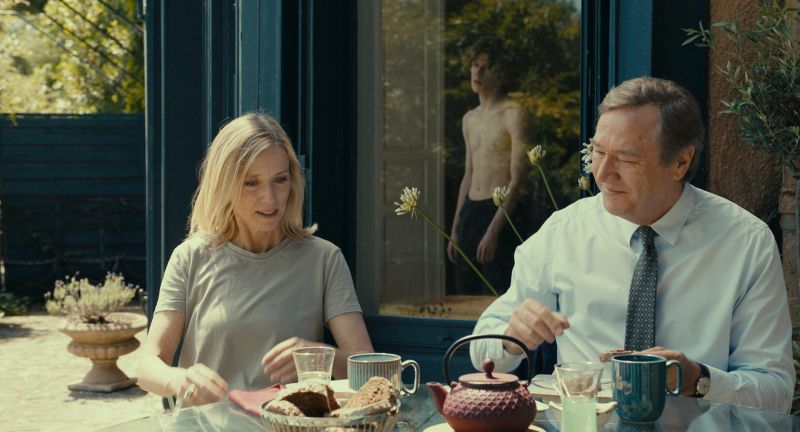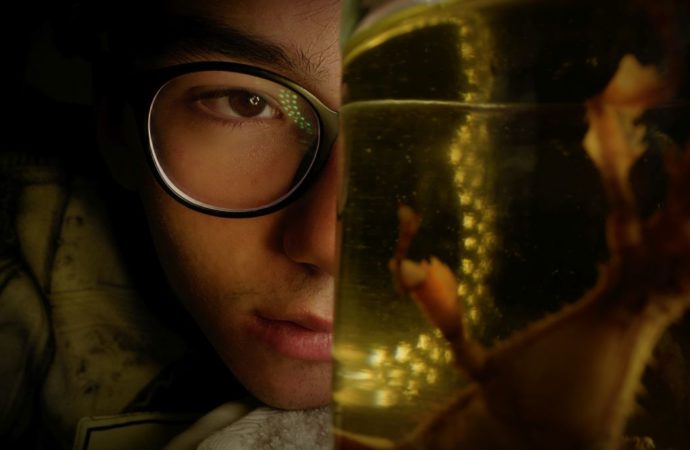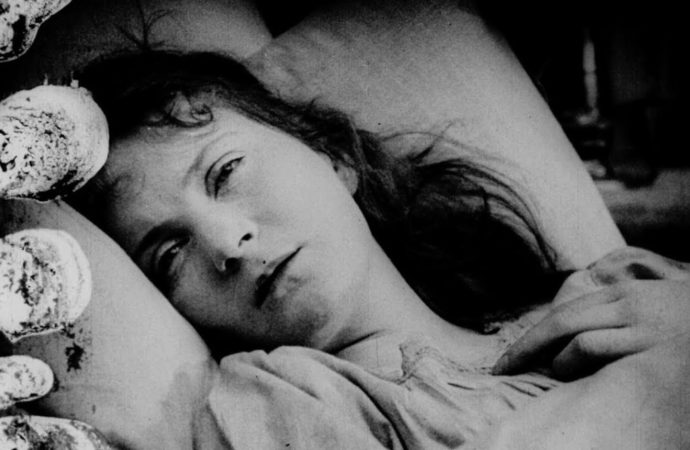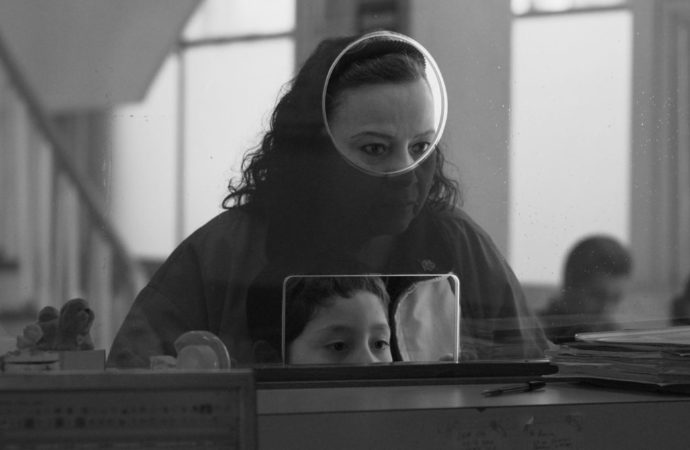Catherine Breillat‘s name magnetically attracts the idea of transgression—she was the first director to show real sex in commercial cinema— in her way of exploring the limits of morality and mores, through sexual drama, where a very dark humour underlies. Last Summer, which premiered at the last Cannes Film Festival, will remain one of her most accomplished works without the scandal of some of her earlier films, such as Romance (1999).
With a stylistic elegance and fluidity that masterfully cohere the drama, and even the suspense that weaves it throughout the film, all the more so because the main character is a minor character, Breillat moves like a fish in water in a story that doesn’t need to shock the audience with images of original eroticism. Adapting the film Queen of Hearts (May el-Toukhy, 2019) —which starred a great lady of the Danish stage, Trine Dyrholm— the story is simple and almost a classic in the genre: Anne (Léa Drucker), a successful lawyer, has an affair with the 17-year-old Théo (Samuel Kircher), son of her husband Pierre (Olivier Rabourdin), in the heart of a wealthy bourgeois family with two adopted daughters, Serena (Serena Hu) and Angela (Angela Hu).
But unlike other proposals, such as that of Todd Haynes, also presented at the same festival (May December), the director’s focus is on the intimate dynamics of the relationship, not on the inappropriateness, the legal and social rejection, the scandal, but on the nooks and crannies of a story of romance and desire that involves a relationship of power. Without censoring or defending or glorifying, Breillat dissects all the stages of seduction, right up to its final resolution.

Léa Drucker’s performance is portentous in her desire hidden beneath bourgeois conveniences, and her portrayal is as nuanced as it is realistic. The distance imposed by the director and the apparent coldness of the seductress give us the keys that will govern a dynamic of wolves and lambs, which will end up being a power struggle. Firstly, the difficult, conflictive character of the adolescent, whose mother sends him to live with a father he barely knows, thus inserting a disruptive factor in a group cohesive through material and traditional values. The game of seduction seems at first to be a challenge to the father figure, motivated by the will to transgress. From that moment on, the director will clearly show us that the differences in age, maturity, and position are not the only gaps between the lovers, but only the explanation for the course of events.
Samuel and Anne share a sexual passion, but their reasons are very different. Breillat does not dwell on how twisted Anne can be (although she seems to us to be a manipulative bitch) or how naively provocative Samuel tries to be because his description is broader, his field extends from the lack of mastery of the desire of the mature woman, free and aware of her power, and also of the fact that she possesses the resources that will keep her in her position, from which emotions will not keep her away. The coldness with which Drucker plays her character shades the glaciality with such talent, that she manages to provoke sympathy despite ourselves at times. And, finally, arriving at the need for perpetuation of the family status quo, as an economic and institutional structure, shielded from deterioration, albeit blindfolded. Ibidem, the sex scene between the married couple or the very end of the film, without forgetting the irony implicit in Anne’s professional field, within the legal profession, or the presence of her sister Mina (Clotilde Courau) as an insinuation that Anne climbed the social pyramid.
Films like Last Summer are the glorious remnants of adult cinema that the industry offers us, where the spectator is questioned without being given too many clues, and much less the right answers. Here the conflicts are not simple or reprehensible or admirable, here the price of transgression is not the same for everyone, revealing, if necessary, the game board and immutable rules. Breillat’s film is an intensely social erotic drama, expressing that transgression with a net will always protect the same people.









No one has posted any comments yet. Be the first person!